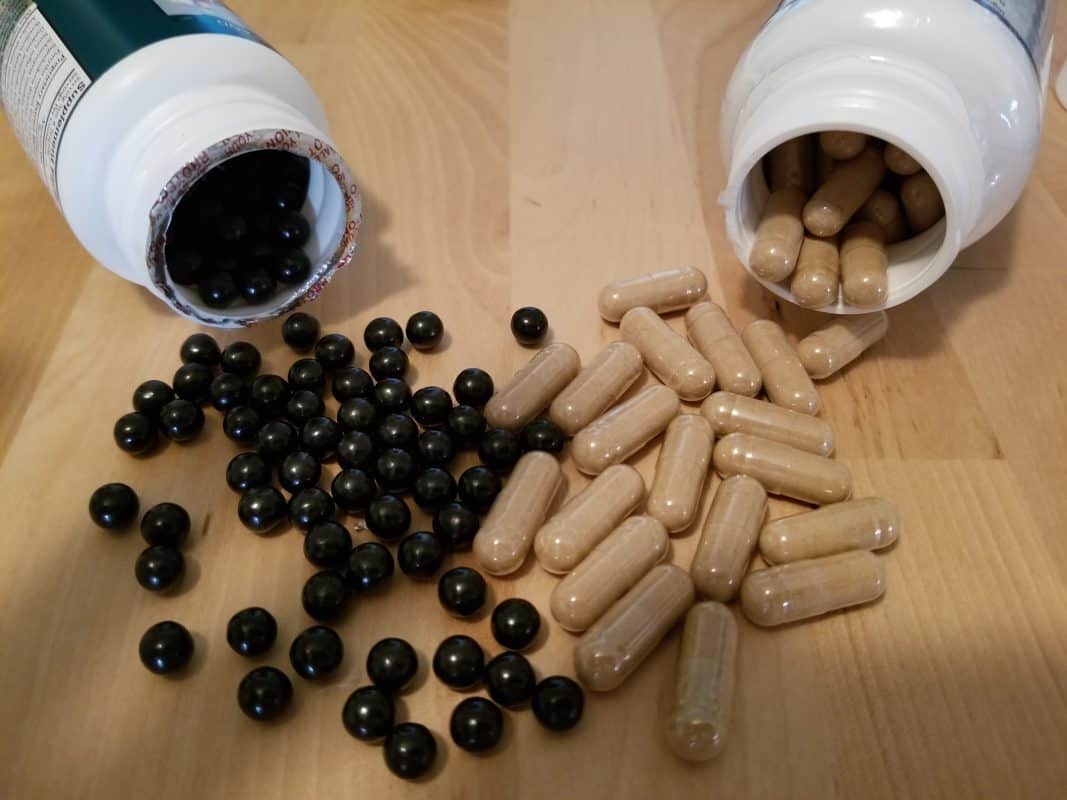Eastern herbal remedies have been around as long as acupuncture. Each known herb is systematically categorized by its quality (flavor, hot or cold, which part of the body it affects, etc.).
Acupuncturists prescribe formulas that consist of different ingredients. The treatment strategy is very similar to acupuncture. A formula usually contains a few herbs to strengthen the constitution, a few herbs that work on the surfaceto reduce inflammation or relieve pain, and some more to address secondary or tertiary conditions.
Over time, certain known combinations have become very popular in China and were given names for people to remember. For example, there is a formula to reduce stress and address hormonal imbalance called Xiao Yao Wan. It is commonly known as Free and Easy Wonderer in the English speaking part of the world.
Such formulas come in pill forms or capsulated granule forms. Ionly purchase these from reputable U.S.-based companies whose products meet GMP standards.
I occasionally prescribe herbal formulas to supplement bodywork. For example, some back pain is due to adrenal exhaustion. While the back pain can be addressed immediately with bodywork, exhausted adrenals won’t be replenished right away. In this case, a formula that tonifies kidneys is recommended to make the bodywork more effective and keep the back pain from recurring once it is under control.
Herbal formulas are not covered by health insurance unlike in Japan. The cost of the herbal pills are roughly $15 to $20 weekly.


